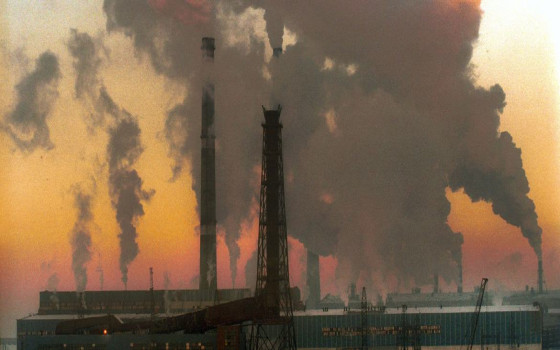
In the absence of sufficient efforts to protect people from climate chaos, 80 million full-time jobs will disappear by 2030.

- Europe and Arabs
- Tuesday , 1 July 2025 15:7 PM GMT
Geneva - New York: Europe and the Arabs
"Are we taking the necessary steps to protect people from climate chaos, safeguard their futures, and manage natural resources in ways that respect human rights and the environment?" This is a question posed by the UN High Commissioner for Human Rights to the Human Rights Council, who responded that not enough is being done in this area.
Türk was speaking at a panel discussion on the impacts of climate change held during the 59th session of the Human Rights Council in Geneva, emphasizing that the climate crisis is a human rights crisis. He said, "What we need now is a roadmap that shows us how to rethink our societies, economies, and politics in ways that are just and sustainable," according to the UN daily news bulletin.
He pointed out that human rights standards and norms provide a foundation and compass for a just transition to renewable energy sources. Türk emphasized that "if we do not protect people's lives, health, jobs, and future opportunities, the transition (from fossil fuels) will repeat and exacerbate the injustices and inequalities in our world." He explained that countries and companies must take the necessary measures to ensure that no one is left behind in this early stage of the full transition to renewable energy sources.
The Right to Decent Work
The right to decent work was a key focus through which the Council examined the relationship between human rights and climate change. Mustapha Kamel Gaye, an official at the International Labour Organization, said, "Because of climate change, the human right to decent work is facing a fundamental challenge today."
He warned that 80 million full-time jobs will disappear by 2030 if the world continues on its current climate path, and more than 70 percent of the global workforce—2.4 billion workers—will be exposed to excessive heat at some point in their work.
On a more optimistic note, he added that the transition to low-carbon economies could create more than 100 million new jobs by 2030. However, he warned that these jobs may not emerge as others are lost, reinforcing the need for strong safety nets and planning. Ghai emphasized that the global climate agenda is a human story, and it is about human rights. The ambition sought by states and the international community cannot be limited to numerical targets and indicators, but must be human-centered.
Fossil-free knowledge
Elisa Morguera, the Special Rapporteur on the promotion and protection of human rights in the context of climate change, presented her latest report, which calls for "fossil fuel decommissioning" economies. She said that phasing out fossil fuels is the most effective way to mitigate climate impacts while protecting human rights.
However, she cautioned that fossil fuels are present everywhere, including "in our food systems, in our oceans, in our bodies, and even in our brains—in many cases without our knowledge or choice of their presence in our lives."
Morgera emphasized the need to create fossil-free knowledge, noting how fossil fuel interests have distorted public understanding.


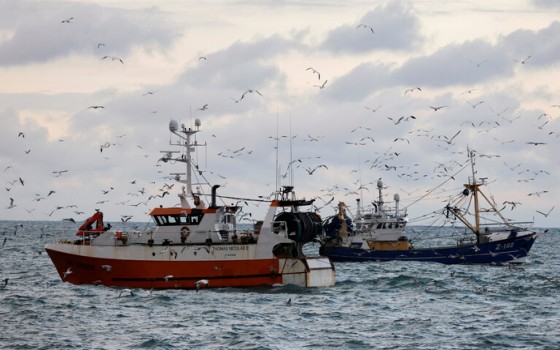

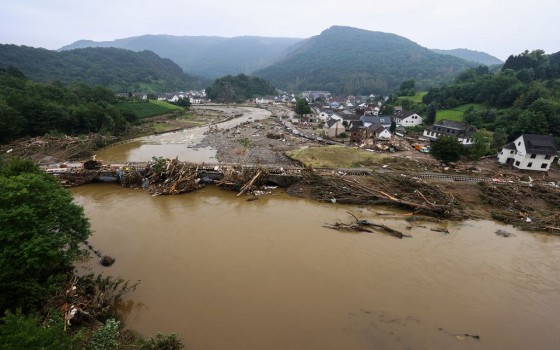
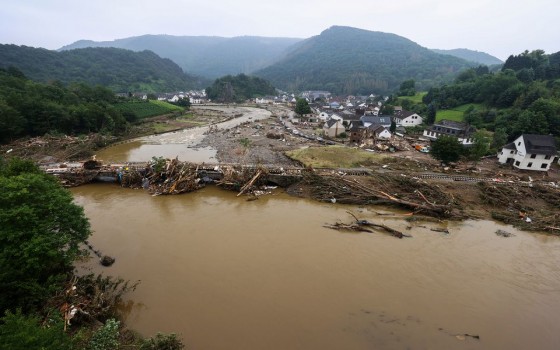


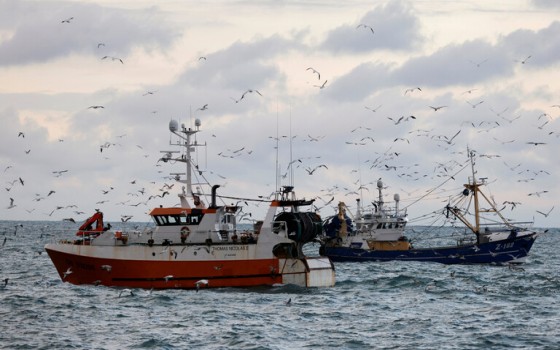



No Comments Found